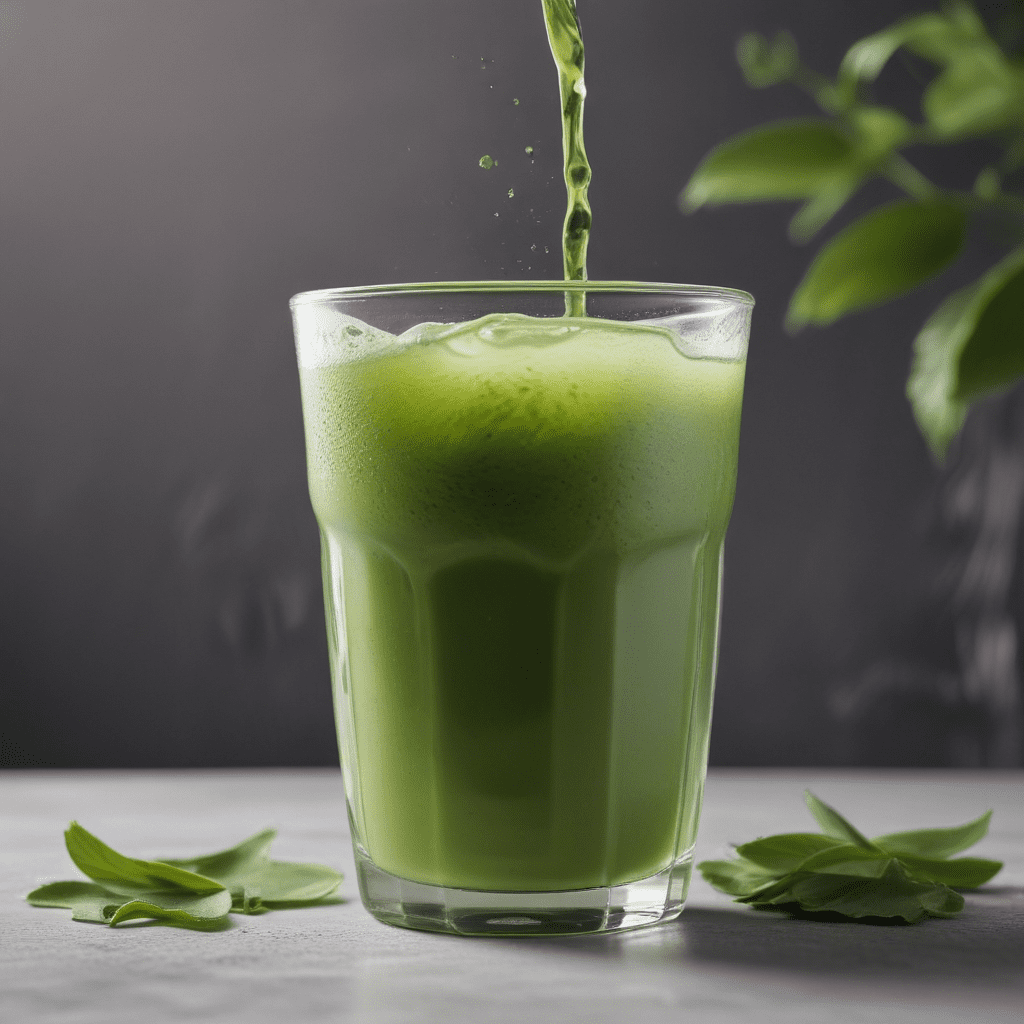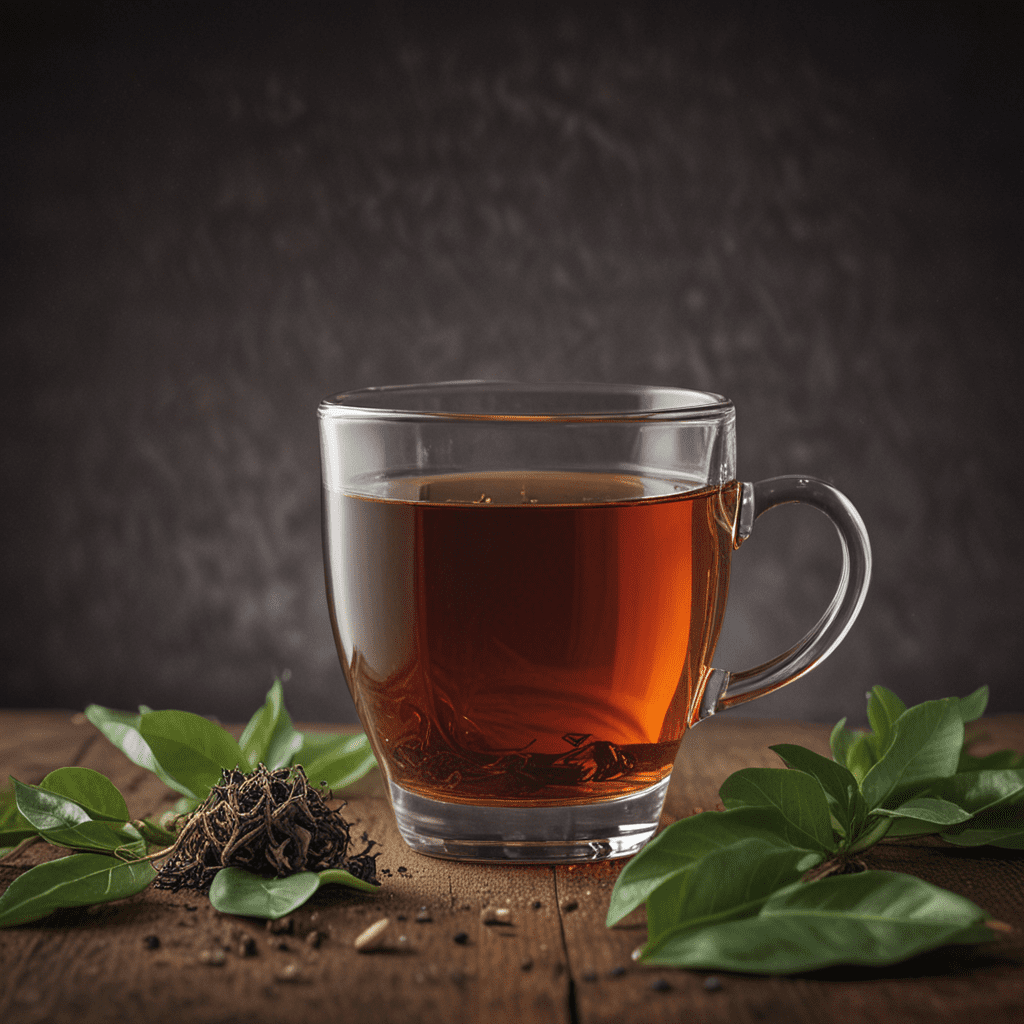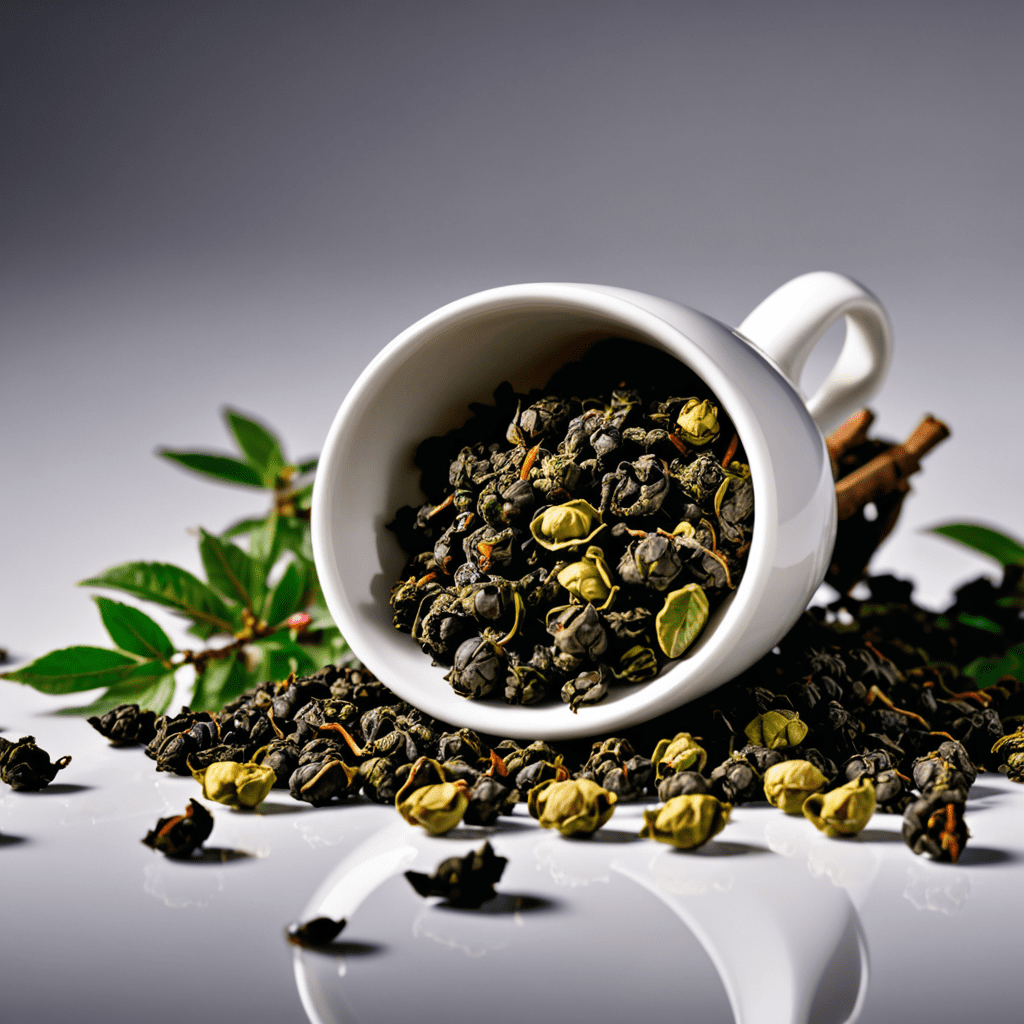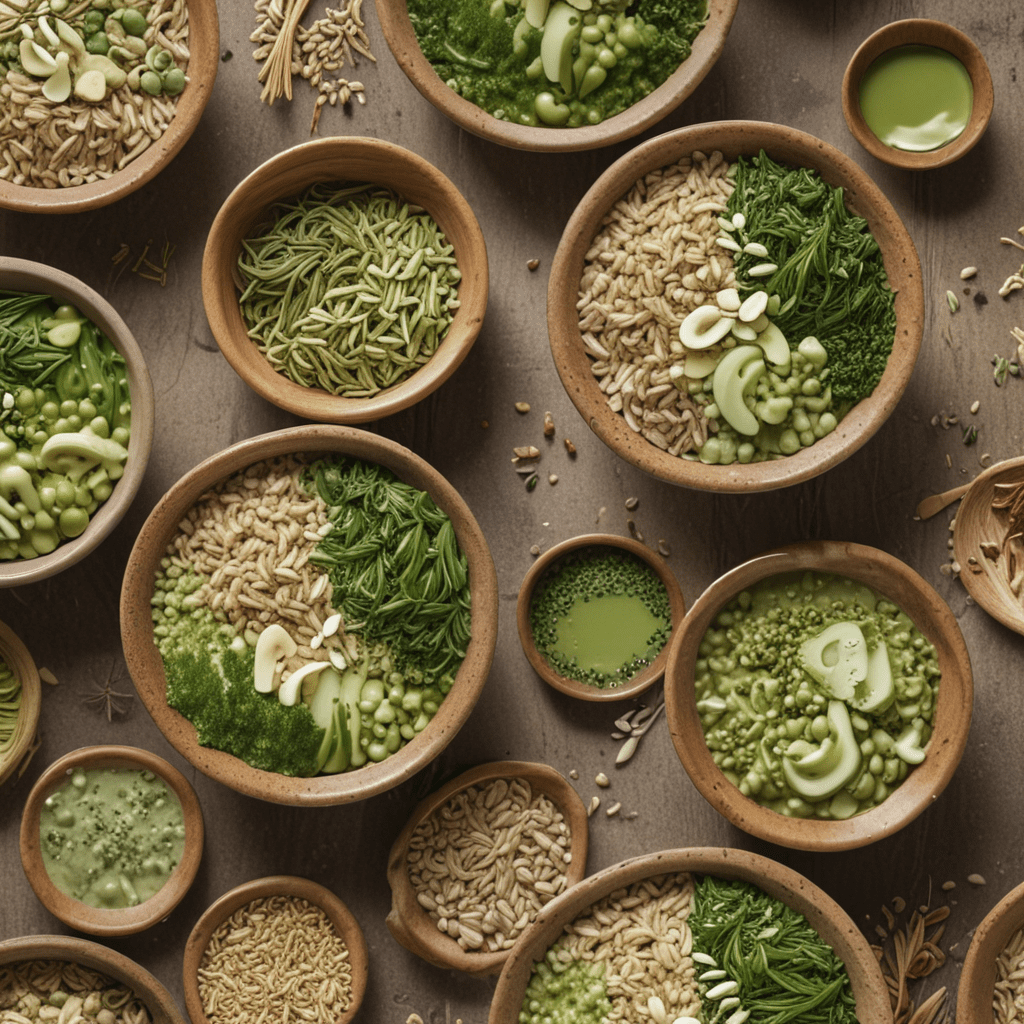Matcha and Hydration: Staying Refreshed with Green Tea
Introduction
Staying hydrated is crucial for maintaining optimal health and well-being. Among the countless beverages available, matcha, a finely ground green tea powder, stands out as an exceptional choice for hydration. This vibrant green elixir offers a unique blend of electrolytes, antioxidants, and caffeine, making it an ideal companion for those seeking refreshment and revitalization.
What is Matcha?
Matcha is a ceremonial-grade green tea cultivated in Japan through traditional methods. Unlike regular green tea leaves that are steeped in hot water, matcha is whisked with water to create a concentrated beverage. This unique preparation method preserves the tea's nutrient content, resulting in a potent source of hydration and nourishment.
Hydration Benefits of Matcha
Matcha is an excellent source of electrolytes, such as potassium, magnesium, and sodium, which play a crucial role in maintaining fluid balance and hydration within the body. These electrolytes help regulate muscle function, nerve transmission, and overall fluid homeostasis. The presence of electrolytes in matcha makes it an effective choice for replenishing fluids after exercise or during hot weather.
Matcha's Antioxidant Properties and Hydration
In addition to its electrolyte content, matcha is rich in antioxidants, particularly catechins, which have been found to possess anti-inflammatory properties. Inflammation can contribute to dehydration, so regular consumption of matcha may help reduce inflammation and promote hydration by improving fluid retention.
Matcha's Naturally Occurring Caffeine
Matcha contains a moderate amount of caffeine, which can provide a gentle boost in energy levels and mental alertness. Caffeine acts as a mild diuretic, which means it can increase urine output. However, the antioxidants in matcha are thought to counteract this effect, resulting in a balanced hydration experience.
Matcha as a Refreshing Beverage
Matcha's invigorating flavor and vibrant green hue make it a refreshing and aesthetically pleasing beverage. Its natural sweetness and vegetal notes provide a satisfying taste experience without the need for added sugar or sweeteners. Matcha can be enjoyed hot or cold, making it a versatile choice for any occasion.
Matcha's Role in Sports Hydration
Due to its unique combination of electrolytes, antioxidants, and caffeine, matcha has gained popularity as a sports hydration drink. The electrolytes help replenish fluids and minerals lost through sweat, while the antioxidants reduce inflammation and muscle damage. The moderate caffeine content can also enhance athletic performance and endurance.
Matcha's Contribution to Energy Levels
The caffeine in matcha can provide a sustained boost in energy levels, making it a valuable choice for those seeking to enhance focus, concentration, and alertness. Matcha's energy-boosting effects are attributed to the combination of caffeine and theanine, an amino acid found in green tea that promotes relaxation and reduces anxiety.
FAQ
Q: How much matcha should I consume daily?
A: The recommended daily intake of matcha varies depending on individual caffeine sensitivity and health needs. Generally, 1-2 cups of matcha tea per day is considered safe and beneficial.
Q: Is matcha safe for everyone?
A: Matcha is generally safe for most people, but individuals with certain health conditions, such as caffeine sensitivity or liver disease, should consult a healthcare professional before consuming it.
Q: Can I drink matcha on an empty stomach?
A: Drinking matcha on an empty stomach can potentially increase caffeine absorption and lead to nausea, so it's best to consume it with food.



